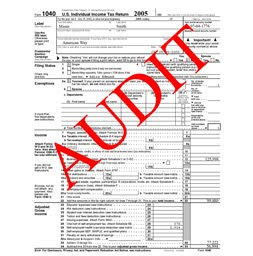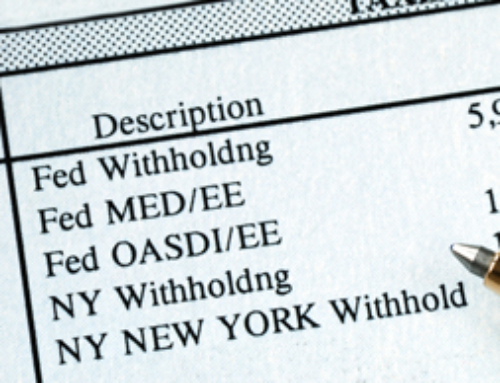 How to Ensure You Get Audited
How to Ensure You Get Audited
By Eva Rosenberg, EA
Years ago, I was helping a banker with his tax return, and he complained that his bank was having problems with borrowers who submitted phony tax returns. I told him that if he wanted to assemble his staff for one hour, I could show them exactly how to identify a made-up return and find the lies.
I even bet him that I could tell him more about the borrowers, their lives, and their finances than he and his staff could learn from the application. We performed a blind test, where they removed all identifying information about the client—and I won.
If I can do that, so can the IRS!
People come to TaxMama all the time to ask me to help them or their clients during IRS audits. Invariably, when I look at the tax return that was selected for audit, it’s obvious to me that it was just begging to be audited.
Look at your own tax return for these obvious signs:
Do you have errors and inconsistencies all over your tax return?
Did you neglect to fill in your occupation? Or did you fill in an inconsistent occupation?
- For example, your occupation is “retired,” yet you have a W-2, and your tax return includes an Office in Home schedule or Employee Business Expenses.
Is your taxable income zero or less than zero (when you subtract your itemized or standard deductions from your adjusted gross income)?
- If it is, what are you living on? IRS computers will be curious.
- I usually try to include a statement explaining that my clients live on loans or savings—unless it’s evident that there is tax-free income.
Do you have very high itemized deductions—and very low taxable income, or none?
- The IRS will wonder how you paid those high mortgages on such little income.
- The IRS will wonder how you were able to afford those five-figure donations when you have no income.
Do you have several Schedule Cs (Profit or Loss from Business) in your tax returns, with losses or very little profit?
- The IRS will wonder if these businesses are hobbies.
Are you taking disproportionate deductions for meals, entertainment, or travel?
- The IRS loves to audit meals and entertainment. When the numbers are large, the IRS is almost certain to find that you don’t have information about who you were with or the business purpose of each meal.
- Folks tend to deduct their personal and/or family travel on their businesses.
- Essentially, if your meals, entertainment, and travel expenses are more than 10 percent of your business’s gross income, there needs to be a good reason.
Is your business showing a substantial loss, with modest income and no advertising expense?
- A real business works at generating income. How can you generate sales, or income, without spending any money on advertising?
These are some of the obvious, commonsense things that come to mind. Though after you’ve been looking at tax returns for twenty or thirty years, some things just stand out as being obvious—without your being able to define why up front. Fortunately for you, many of the longer-term employees at the IRS are retiring. The new ones don’t have this level of insight—yet.
Medical Tax Deductions Are Worth More Than You Think
5 Tax Lessons Learned from Filing Your 2010 Tax Return
Last-Minute Tax-Filing Tips: 6 Mistakes Every Tax Filer Should Avoid






